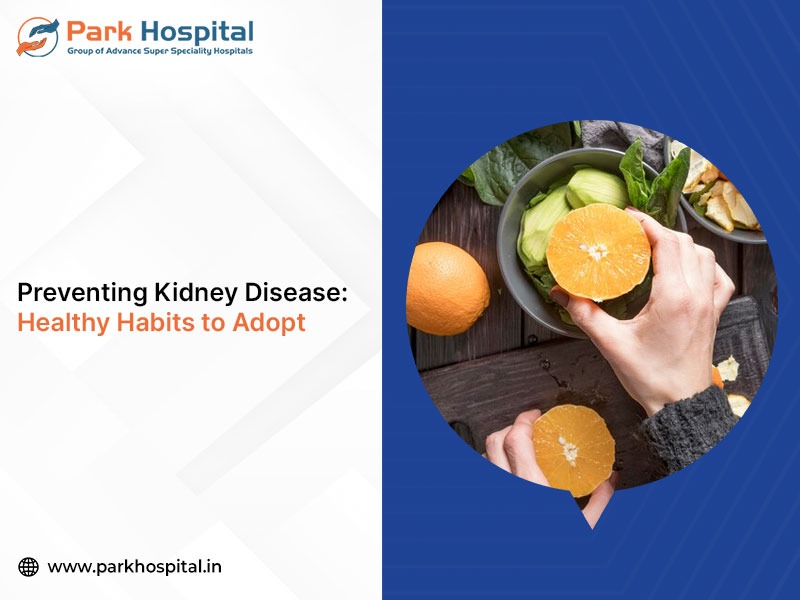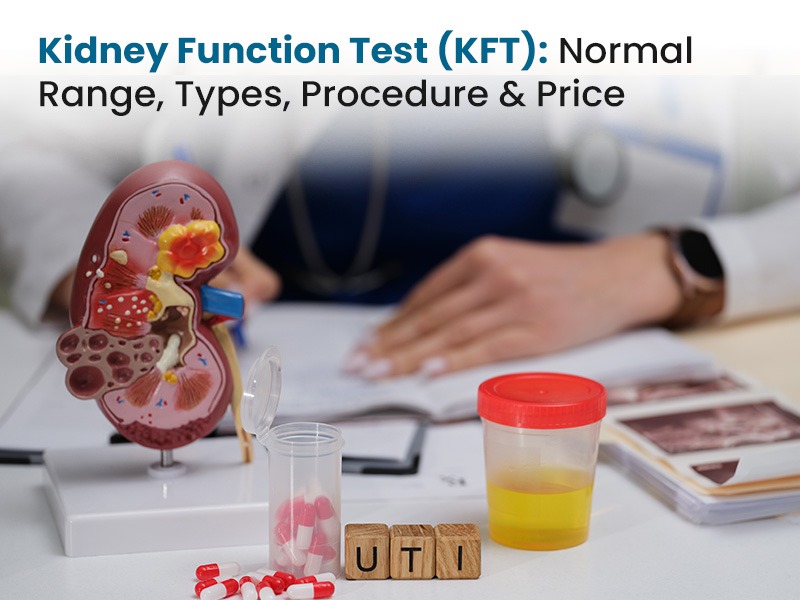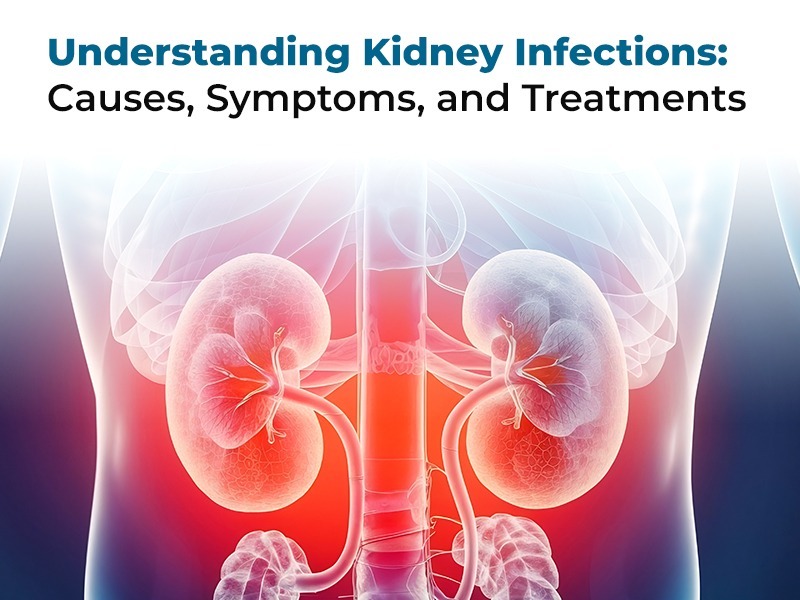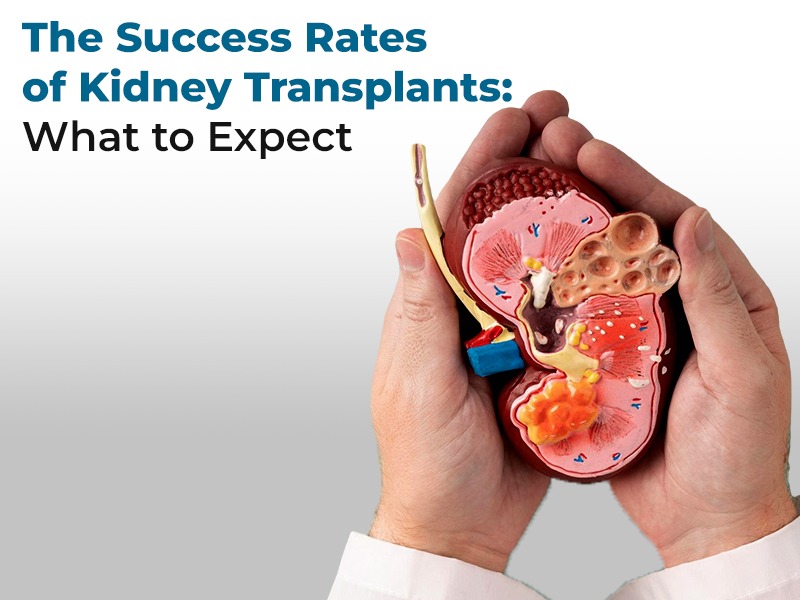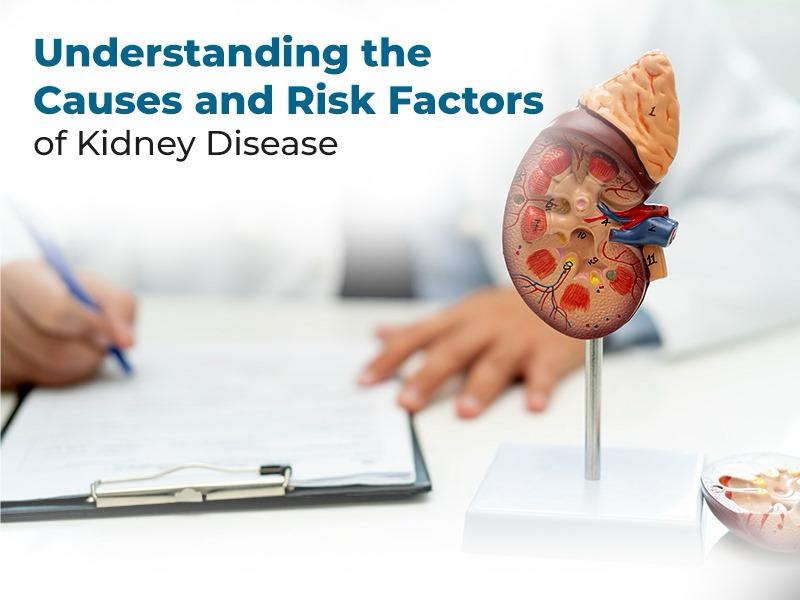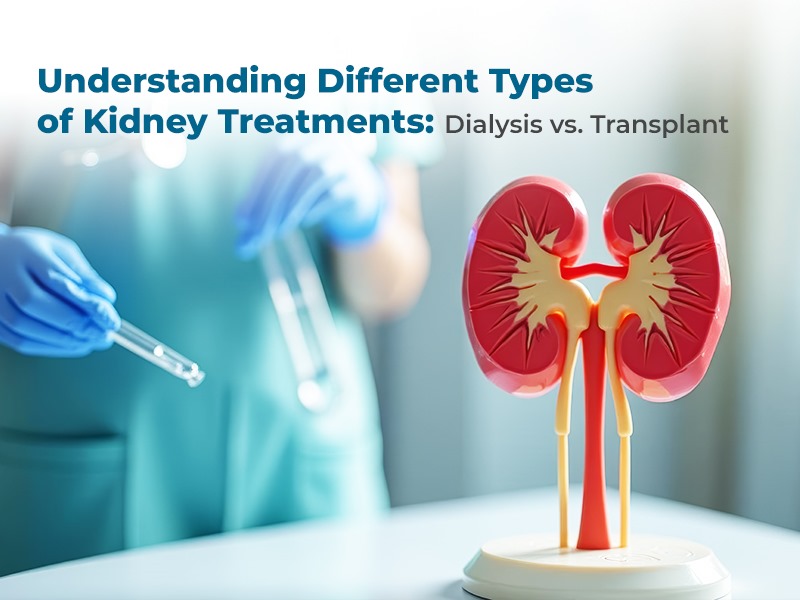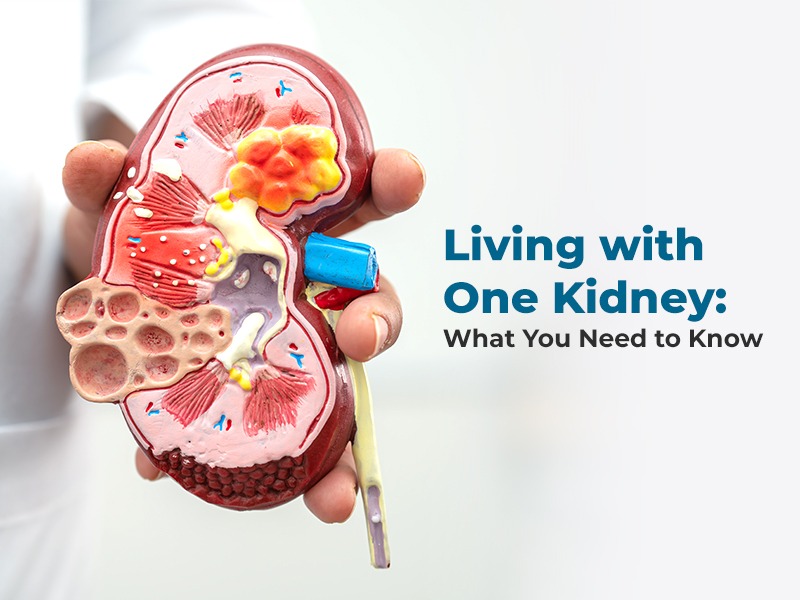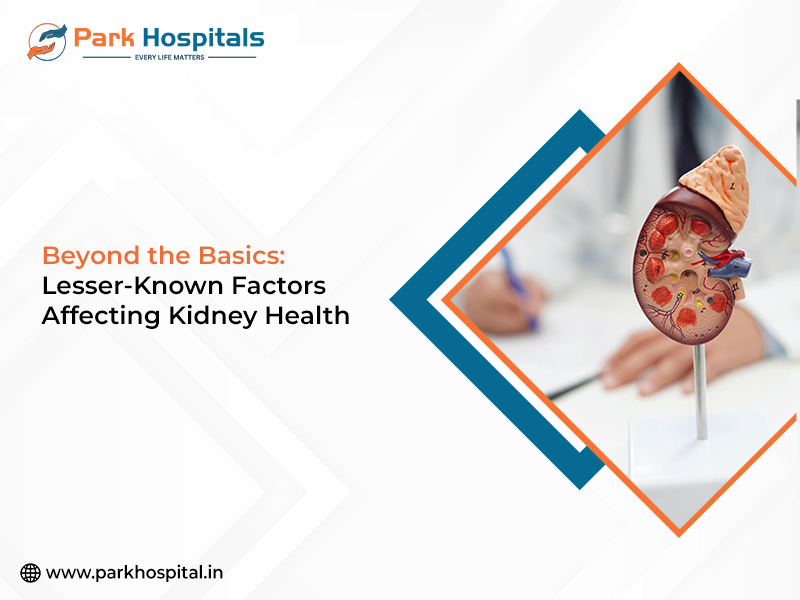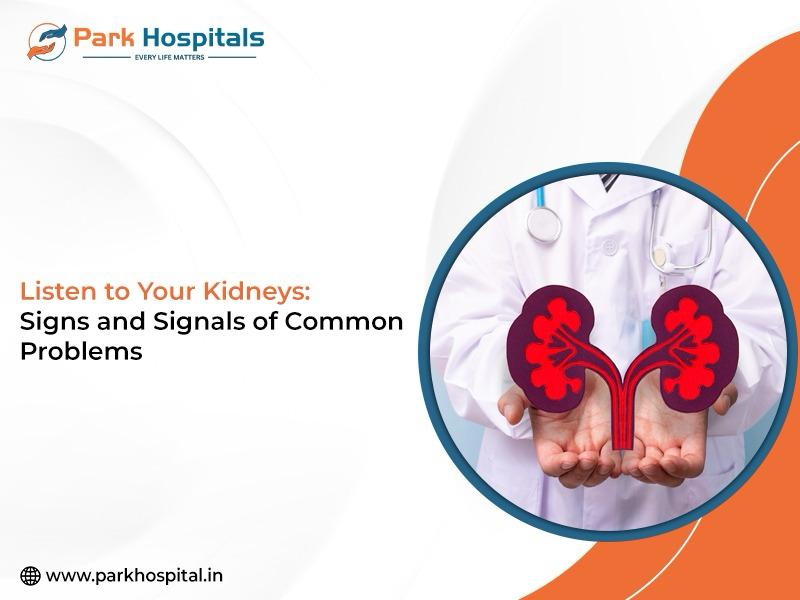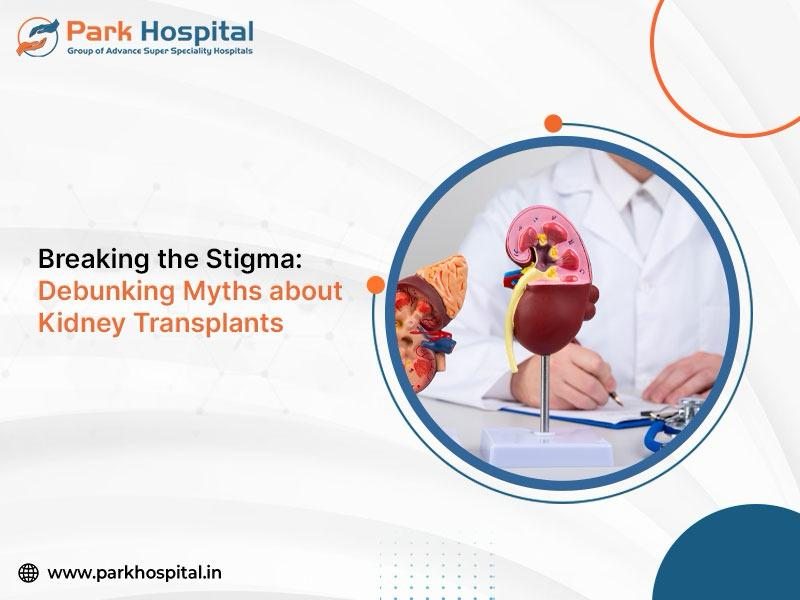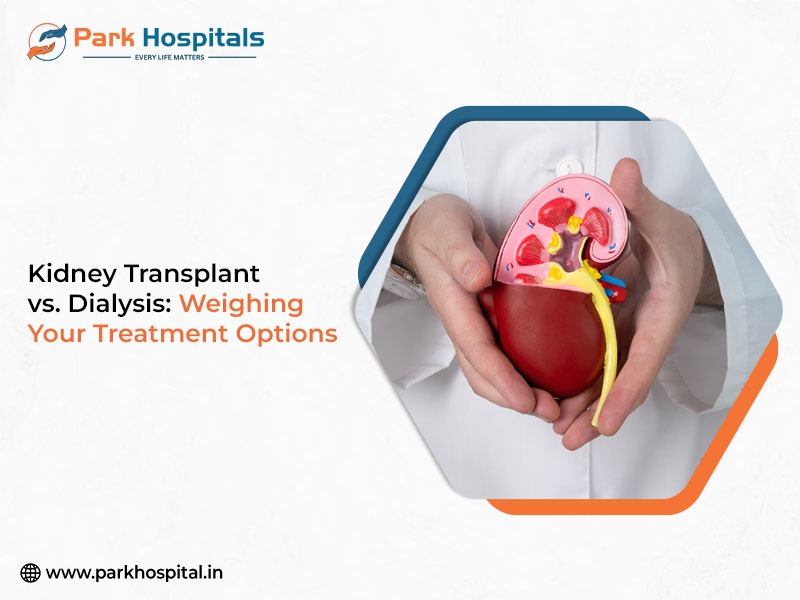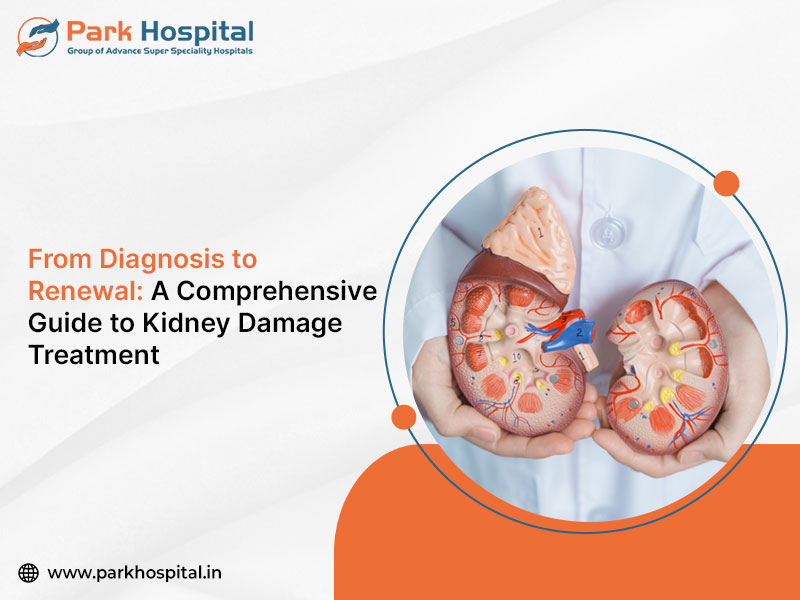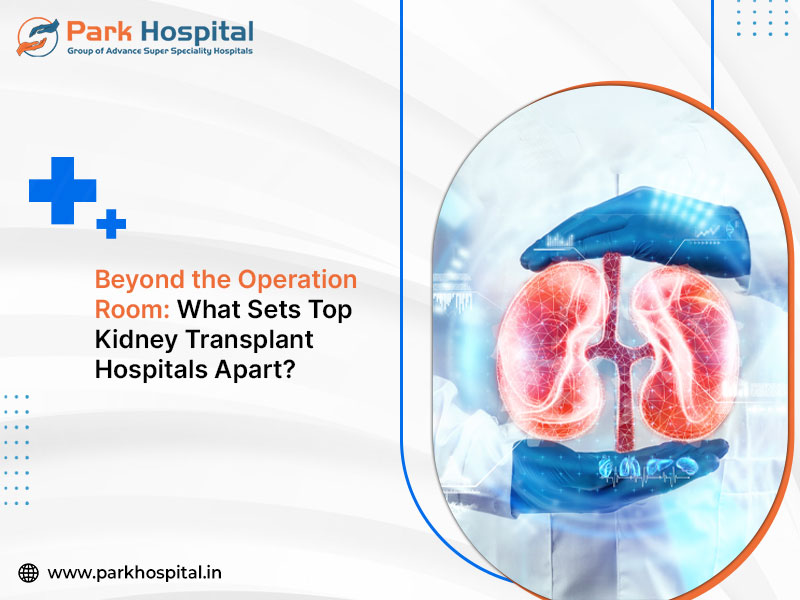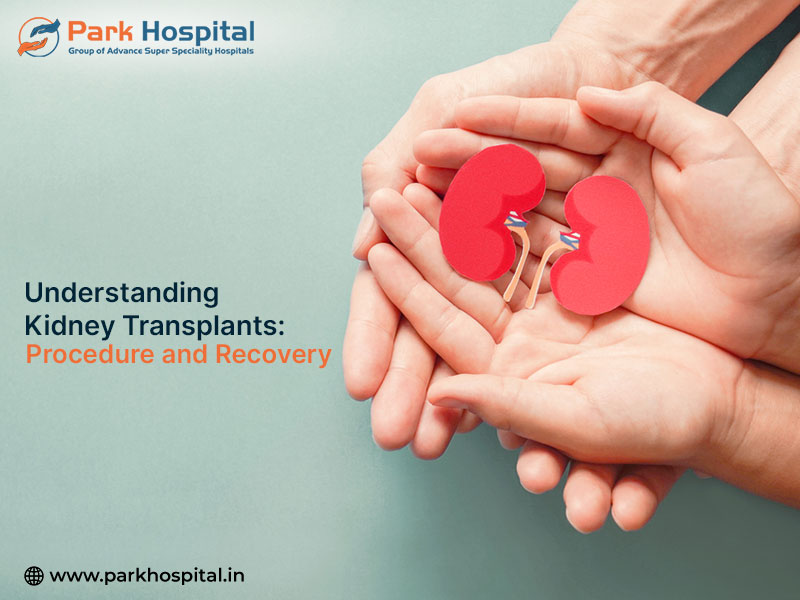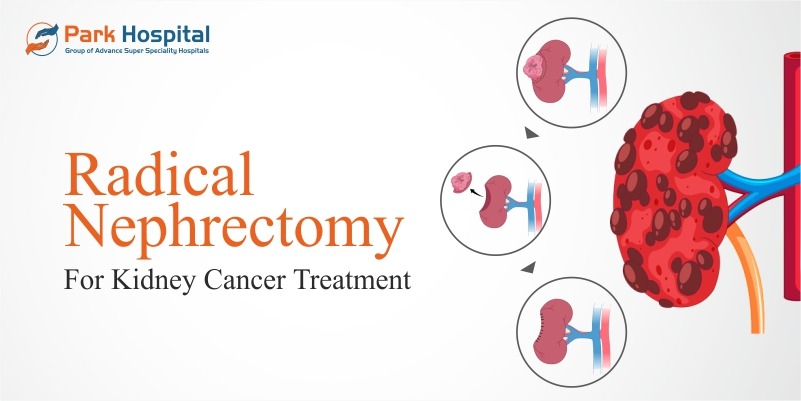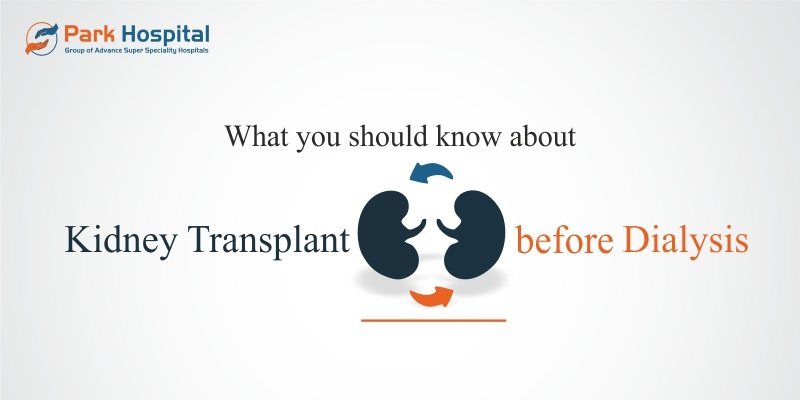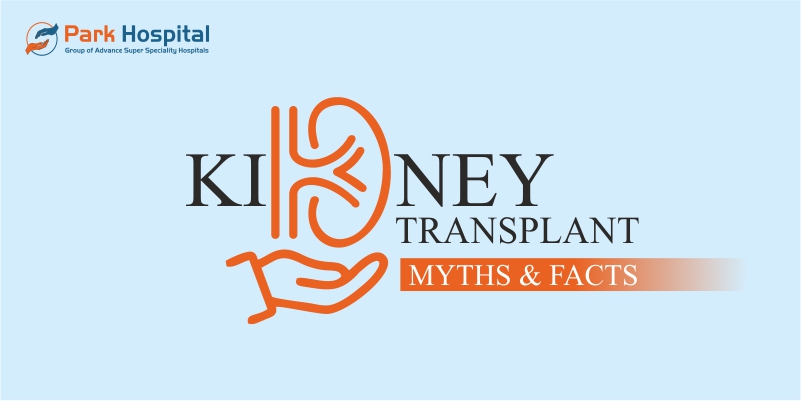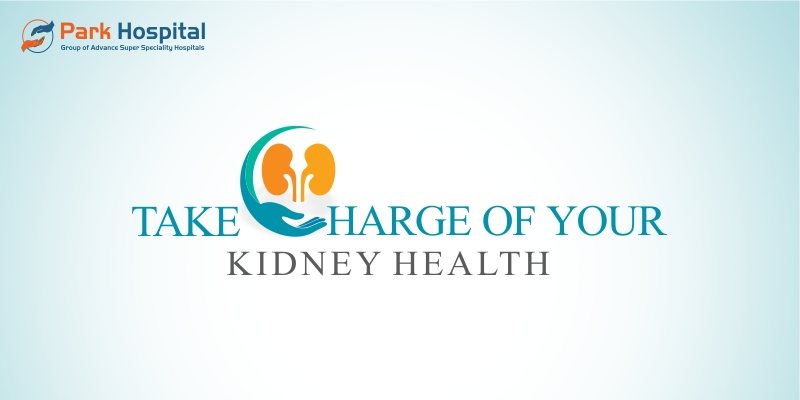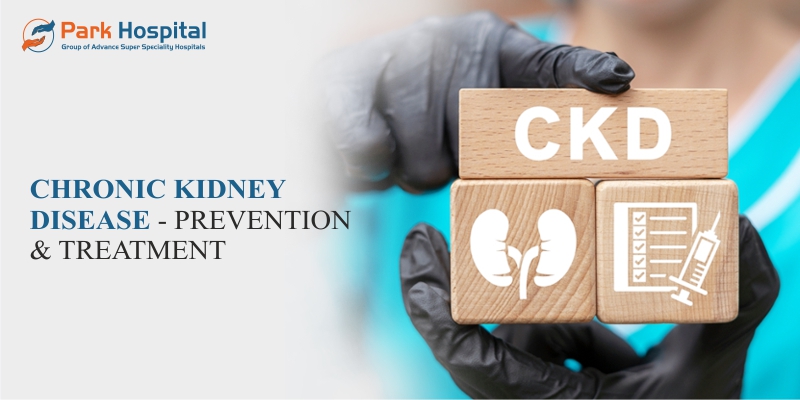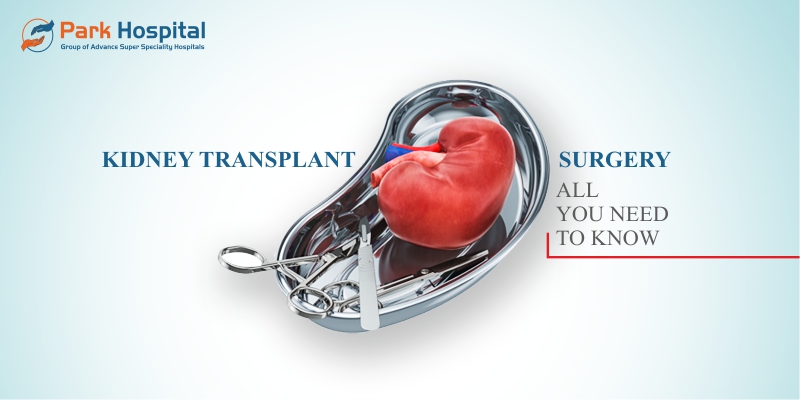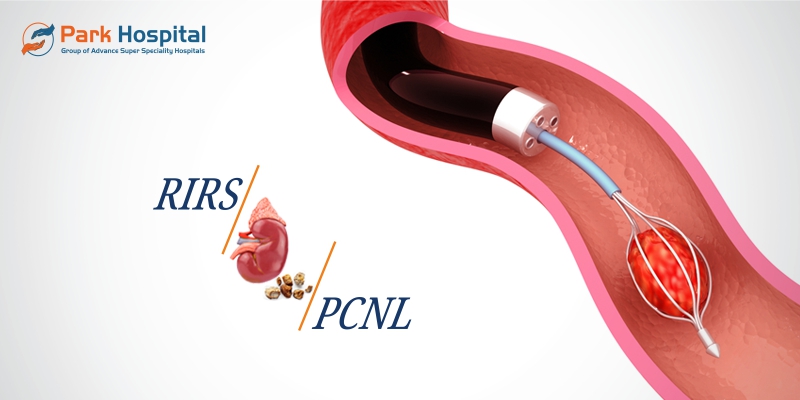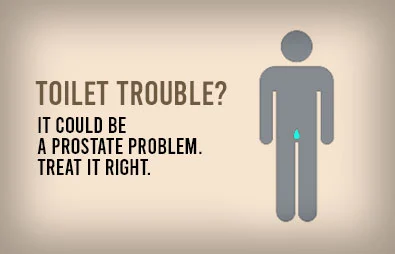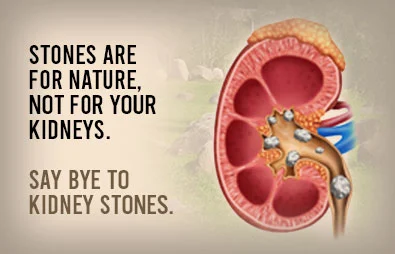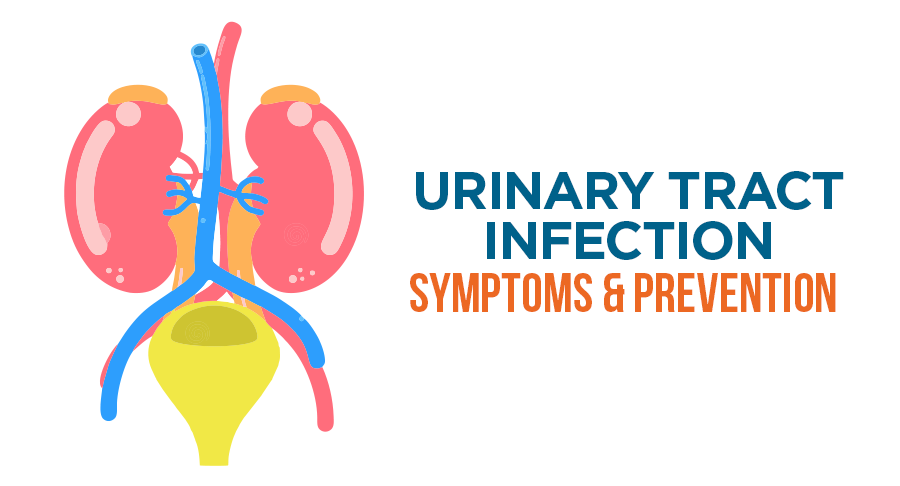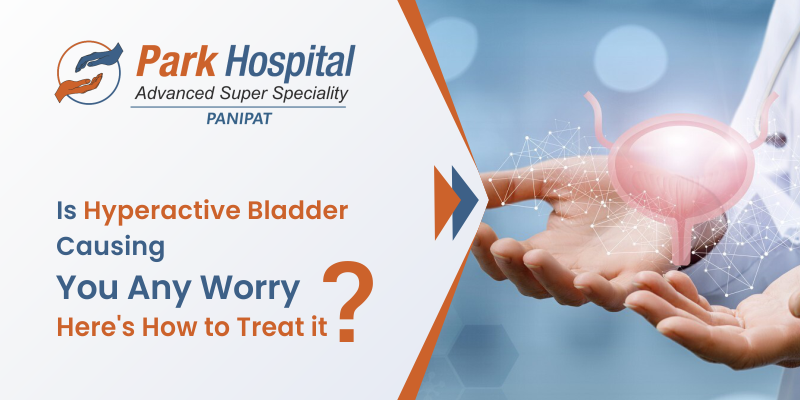Preventing Kidney Disease: Healthy Habits to Adopt
Studies and figures indicate that nearly 10% of the Indian population suffers from Chronic Kidney problems. These figures have risen dramatically over the years. Chronic kidney problems are propelled by medical conditions such as diabetes, urinary tract inflammation, polycystic kidney disease and many peripheral causes. With the advancements in sciences and medical treatments, various medical solutions, such as kidney transplants, have been formulated to counteract chronic kidney problems. However, the best key to recurring kidney problems is ensuring the appropriate dietary modifications that help averse these chronic problems.
Symptoms of Kidney Disease:
Building up consistently over a prolonged period. Loss of imperative kidney functions causes the buildup of electrolytes and fluids. This propels a loss of kidney functions and various side effects such as:
- Nausea
- Vomiting
- Sleep problems
- Loss of appetite
- Excessive urination
- Intense or frequent muscle cramps
- Breathing problems caused by buildup of fluids in the lungs
- Swelling of feet and ankles
If you are constantly undergoing pain or any defined symptoms, contact the best kidney transplant hospital near you for effective treatment and certain post-procedure remedies.
Healthy Habits to Limit Kidney Diseases
1. Maintain a Healthy Diet: Limit Salt Intake because too much salt can increase blood pressure and strain your kidneys. Aim for less than 2,300 milligrams of sodium per day.
Eat Balanced Meals by incorporating a variety of fruits, vegetables, whole grains, and lean proteins.
Kidney disease patients must strive to limit their protein consumption as it can cause a buildup of waste that the kidneys can flush out. Your doctor/medical consultant might recommend restricting protein intake. Be sure to consult the best kidney treatment hospital in Delhi NCR.
2. Stay Hydrated: Drink plenty of water throughout the day. Proper hydration can help prevent kidney stones and urinary tract infections. Additionally, water helps your kidneys remove excessive waste through urine as well.
3. Exercise Regularly: Physical activities such as jogging, running, and yoga help control weight gain, blood pressure, and diabetes. Regular exercises help enhance the kidneys' electrolyte flow and improve kidney function. Aim for at least 150 minutes of moderate-intensity weekly exercise to reap the benefits properly.
4. Control Blood Sugar Levels: If you have diabetes, work to keep your blood sugar levels within the target range. High blood sugar can increase the chances of kidney failure over an extended period. Visit the best kidney transplant hospital to mitigate blood sugar levels and kidney failure problems.
5. Monitor Blood Pressure: High blood pressure is a leading cause of kidney disease. Regularly monitor your blood pressure and take steps to keep it in the healthy range (usually below 120/80 mmHg).
6. Excessive Medication: Certain Nonsteroidal anti-inflammatory drugs (NSAIDs) such as ibuprofen harm the kidneys if consumed excessively. You should consult your healthcare provider about safe pain management, especially if you have chronic pain. Park Hospital provides efficient and secure information on the appropriate medication to consume and what to avoid.
7. Regular Health Check-ups: Regular sessions will help monitor your kidney function and detect any symptoms prematurely. It also helps measure your eGFR scores and provide patients with the proper medication and dietary advice.
8. Manage Stress: Chronic Stress can contribute to various health problems, including kidney disease because Stress can disrupt stable blood flow, which places an excessive burden on the kidneys. Try Practicing stress-reducing activities like yoga, meditation, hobbies, or spending time with loved ones.
9. Limit Phosphorus Intake: If you have kidney disease, your doctor might advise you to limit phosphorus intake. Excessive Phosphorus is removed from your blood via the kidneys since Phosphorus is found in many foods and drinks and can build up in the blood when your kidneys are not functioning properly.
Kidney Treatment at India's Premier Healthcare Facility:
Providing healthcare treatment for over 40 years, Park Group of Hospitals is revolutionizing India's healthcare landscape. It is considered one of India's most prominent hospitals for Kidney transplants. They provide post-surgery consultation to alleviate patients' problems.
Donor information and consultation to help ensure that patients do not suffer adverse post-surgery problems and dialysis, nephrology, and urology treatments. Dialysis is a branch of medical treatment that treats the Urinary tract organs and restores proper functioning.
Regarded as the Best kidney transplant hospital in Delhi, Park Group of Hospitals is home to skilled neurologists who are assisted with the latest medical inventions to treat renal failure, autoimmune disorders, Kidney stones and various other problems.

